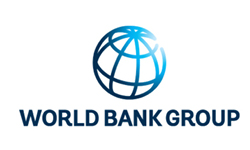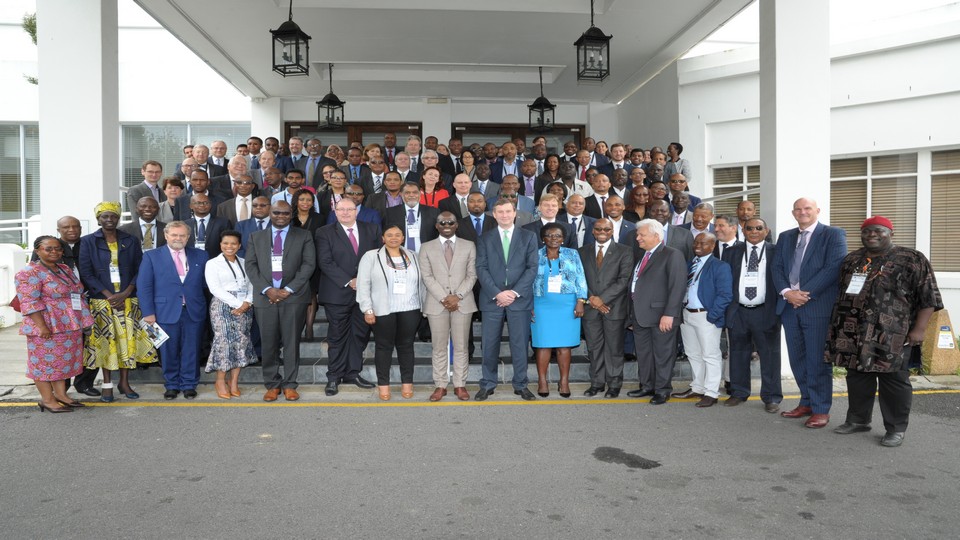1740 results found
Featured results



More results
COVID-19 is the worst crisis since the Great Depression, and it will take significant innovation on the policy front to recover from this calamity.
Five key infrastructure ideas from Climate Week NYC by our Director of Engagement, Rory Linehan and Partnership Manager, Daniel Galle.
A future of inadequate infrastructure is closer than ever, as a study of 10-year trends shows private investment in new infrastructure has declined steadily since 2010

irisGO™ is an AI-enabled camera that facilitates smarter condition monitoring by automating data gathering and analysis of road assets and defects in real time, enabling faster and more secure maintenance for safer roads.
A major factor hindering infrastructure implementation and delivery is the absence of good governance, according to the 130 delegates from 27 countries who came together for the first Regional Roundtable on Infrastructure Governance in Cape Town in November.
EyeRADAR provides a game-changing solution for managing slop stability, enhancing safety, and reducing the risks associated with linear infrastructure projects.

This report addresses the critical question: how can the public and private sectors build successful partnerships?


The Toolkit is intended to provide African countries, in summary form, with an overview of the experience to date with railway concessioning in Sub-Saharan Africa.

This report outlines the guidance and recommendations concerning the reform proposals of state owned enterprises operating in the field of water supply and urban sanitation as well as providing guidance/recommendations concerning economic management options for service providers in Vietnam.


The Framework provides systematic structure for proactively disclosing information pertaining to PPP Projects.


This book reviews the infrastructure development in Thailand and Korea


This PPP checklist is an extension of the initial framework.


Zhengzhou Unicom, together with China Unicom digital technology and ZTE, deployed a 5G + MEC private network to improve the reliability of end-to-end data transmission to ensure that the data does not leave the industrial park laying a solid foundation for 5G application security in industrial parks
Last month Infrastructure Australia released its infrastructure Priority List for 2021, revealing a record number of new investment opportunities, with 44 new proposals added to the list in response to COVID- 19. A $59 billion project pipeline was identified, with six high priority projects, 17 priority projects, 48 high project initiatives and 109 priority initiatives.
More than three times as many infrastructure investors, compared to 2016, listed environmental, social and governance (ESG) factors as a form of risk management according to a Global Infrastructure Hub (GI Hub) and EDHEC Infrastructure Institute-Singapore (EDHECinfra) report released today

Join us for a webinar that will highlight solutions for governments and project proponents to mobilise private financing and inclusive infrastructure investment in order to reach vulnerable groups and underserved regions.
In this panel discussion, participants will be introduced to approaches to attracting institutional investors and mobilising capital markets, hearing solutions and lessons learnt from recent projects in India and South Africa.

60% of infrastructure assets reporting to GRESB in 2023 currently have a greenhouse gas (GHG) emissions reduction target aligned to net zero. However, these net zero targets may not be ambitious enough. Only a third of assets have a target that is science-based or aligned to a net zero-targeting framework. Further, targets tend to capture only Scope 1 and 2 emissions (omitting Scope 3 emissions) and be location, rather than market-based. However, regional variances exist, with Europe leading the way in Scope 3 and market-based net zero targeting.






 Transformative Outcomes Through Infrastructure
Transformative Outcomes Through Infrastructure









